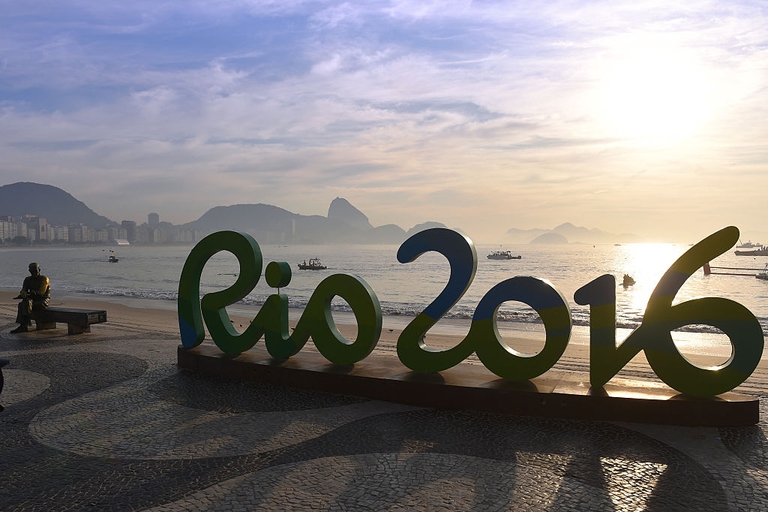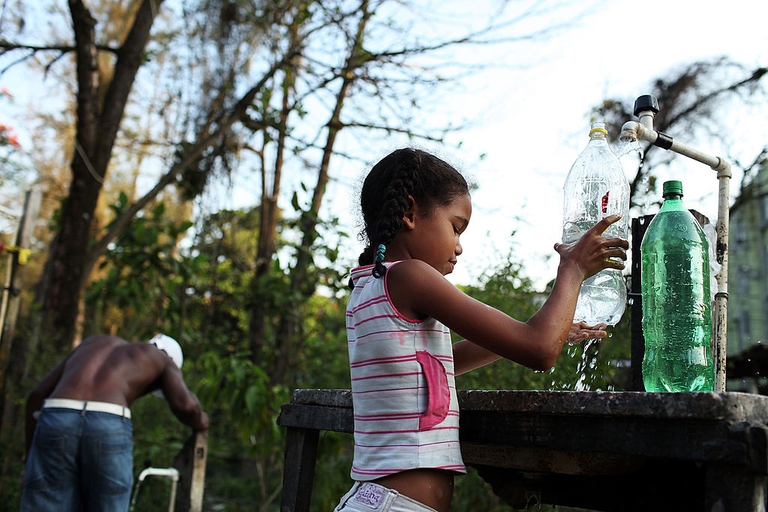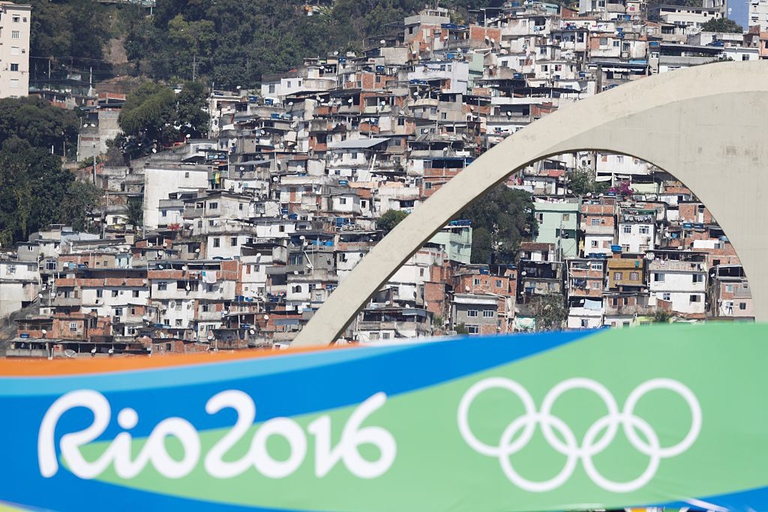
A report by Ember explains that in 2025 electricity generation from renewables (solar, wind and hydropower) surpassed that from fossil fuel sources.
Rio’s water network has been privatised to fund the Olympic Games. According to many, this is a political move.
Like many other editions, the Olympic Games of Rio de Janeiro have been surrounded by controversy. Many people joined the Brazilian social movements to denounce water pollution and lack of security. However, there’s one flaw whose importance has been understated: the privatisation of public water in Rio.
Brazil’s “interim” government led by Michel Temer, who succeeded former President Dilma Rousseff following her impeachment, signed an emergency loan to the State of Rio de Janeiro ahead of the 2016 Olympics. He signed it to finance infrastructure for the event, in particular for a subway line connecting the sports venues. The bailout was made possible by selling CEDAE, Rio’s state water company.
Parts of the network had already been privatised in 2012, with a 30-year concession contract with the company Foz Águas 5, which had a partnership with Odebrecht. Odebrecht is a Brazilian engineering giant: infrastructure, energy and local development are just some of the fields in which it operates. Just to mention an example of privatisation, the famous Maracanã Stadium in 2013 got privatised and became property of Odebrecht after being renovated with public money.
According to the Corporate Europe Observatory – an organisation that works to expose the influence enjoyed by corporations in EU policy making – the sale of public water to a private corporation could have political background. In an interview held in December 2015, City Councillor and chair of Rio’s Special Committee on the Water Crisis Renato Cinco claimed that Rio’s majority party (PMDB) sold “public companies to the companies funding their political campaigns”. And it’s not by chance that Odebrecth was chosen: according to the Brazilian newspaper Estadao, the company would have contributed to two thirds of the party’s revenue in 2013 (the rest being covered by beverage companies).
In order to sell water to private companies the government has declared a state of financial emergency. According to the Guardian this is in part a political tactic. In a state of financial emergency, in fact, the federal state is able to borrow funds without approval from the state legislature. So, the state of emergency made it possible to fund the bailout.
Odebrecht, the company’s owner, has also had his problems with justice: during the political campaign of the governor of the state of Rio, he ended up in jail after having been investigated in the Petrobras corruption scandal. “In the meantime”, Cinco adds, “[Odebrecht] cannot indeed recoup the cost of the works only with water tariffs so it’s getting public subsidies for that from the city. Also, its contract says that it doesn’t have to extend the network to favelas”: 16% of the residents living in the favelas don’t have access to drinking water.
Tim Harford wrote for the Financial Times that “hosting the Games is not unlike building a church for one single, glorious wedding celebration” because the expensive buildings constructed for the occasion are used for a short period. As we wait to know the balance sheet and how the buildings will be used in the future, we know who has profited the most from the Olympic Games of Rio.
Siamo anche su WhatsApp. Segui il canale ufficiale LifeGate per restare aggiornata, aggiornato sulle ultime notizie e sulle nostre attività.
![]()
Quest'opera è distribuita con Licenza Creative Commons Attribuzione - Non commerciale - Non opere derivate 4.0 Internazionale.
A report by Ember explains that in 2025 electricity generation from renewables (solar, wind and hydropower) surpassed that from fossil fuel sources.
The Tyler Prize, considered the “Nobel Prize for the Environment,” has been awarded to Toby Kiers, an American biologist working in Amsterdam.
Belgium is one of the countries most exposed to climate change. Dune–dikes are a solution to curb sea-level rise.
Between October 2024 and September 2025, the average temperature in the Arctic was 1.6 degrees Celsius higher than during the 1991–2020 period.
Undeclared conflicts of interest, paid authors, lack of transparency: one of the most cited studies on glyphosate, published in 2000, has been retracted.
The Copernicus service has released data for the first eleven months of 2025: global warming is set to come close to last year’s record.
The European Council and Parliament have reached an agreement on the European Commission’s proposal to deregulate new GMOs. But farming, organic agriculture, and environmental organizations are calling for it to be stopped.
The world’s second-largest producer has taken a historic decision. However, farms will have until 2034 to shut down.
A Greenpeace report denounces Russia’s political and economic model: a nexus of extractivism, authoritarianism and war that is destroying the environment, with serious repercussions for the global ecosystem.










